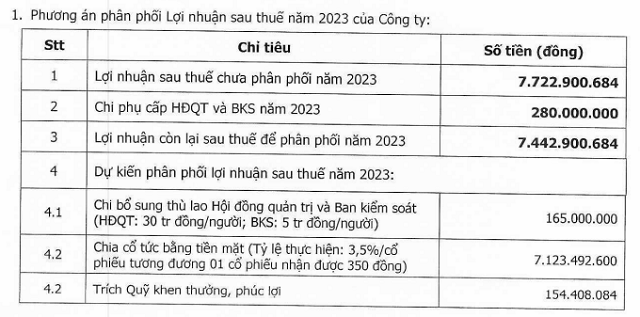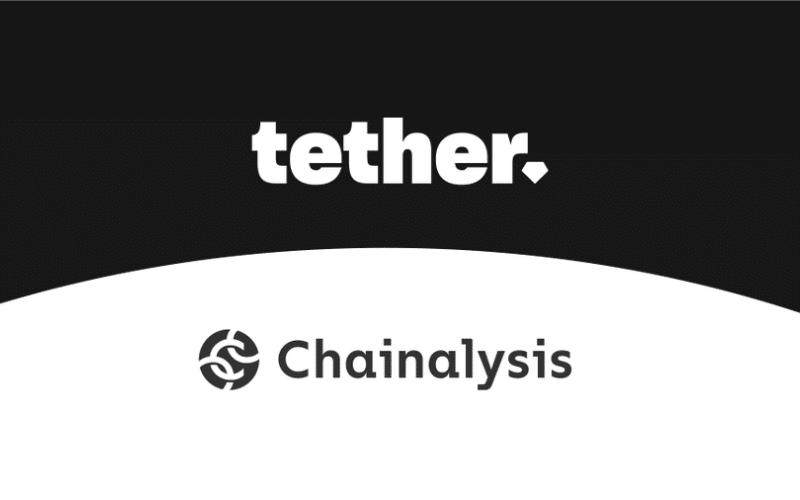
SBV Deputy Governor Dao Minh Tu chaired the press conference
|
On April 19, the State Bank of Vietnam (SBV) held a press conference to announce the results of banking operations in the first quarter of 2024. Mr. Dao Minh Tu, Deputy Governor of SBV, said that as of March 29, credit growth in the economy increased by 1.34% compared to the end of 2023.
In order to facilitate credit institutions in providing capital for the economy, since the end of 2023, the SBV has allocated the entire credit growth target for 2024 to credit institutions and publicly announced the principles for determining so that credit institutions can proactively implement credit growth.
Although the SBV has implemented many synchronous solutions, credit growth in early 2024 was quite low compared to recent years. The reasons included the fact that demand for credit capital often increased at the end of the year and before the Tet Lunar New Year holiday; lower demand and supply of capital in the economy as many businesses scaled down or ceased operations.
The Deputy Governor said that in order to support banks and businesses, the SBV has allowed commercial banks to extend the debt restructuring policy and maintain the debt group for struggling businesses for another 6 months (instead of ending on June 30, 2024), i.e., until the end of this year in accordance with Circular 02/2022/TT-NHNN on debt restructuring and maintaining debt groups.
“This policy supports businesses as well as banks, but if abused, it will eventually affect the national financial system,” said Mr. Dao Minh Tu.
The Deputy Governor added that by the end of 2024, the SBV will review the policy on debt restructuring and maintaining debt groups. If businesses still face difficulties, other support mechanisms will be considered.
In fact, extending the validity of Circular 02 is the desire of most banks, especially in the context of slow economic recovery and weak credit demand. If Circular 02 expires on June 30, 2024, it will create great pressure on businesses to repay their debts, while bad debt treatment is facing difficulties. The extension of Circular 02 will create favorable conditions for businesses to repay their debts, and banks can avoid the risk of bad debts increasing.
The latest data from the SBV shows that as of December 31, 2023, nearly 188,000 customers had their debt repayment terms restructured and their debt groups maintained, with a total principal and interest debt of over VND 183,500 billion.
Circular 02/2022/TT-NHNN stipulates that eligible borrowers will have their debt repayment terms restructured and their debt groups maintained (not downgraded). Credit institutions and branches of foreign banks are authorized to consider and assess the difficulties of customers to decide on debt restructuring. The restructuring period does not exceed 12 months from the date the debt becomes due.
According to the SBV, the agency will continue to maintain current operating interest rates after 4 downward adjustments in 2023 in the context of high global interest rates; creating conditions for credit institutions to access capital from the SBV at a low cost, continuing to encourage credit institutions to reduce costs to reduce lending interest rates to support the economy.
Currently, deposit and new lending interest rates of commercial banks have decreased compared to the end of 2023. According to the interest rate report of commercial banks, as of March 31, 2024, the average deposit interest rate for new transactions was 3.02%/year, a decrease of 0.5% compared to the end of 2023, and the average lending interest rate for new transactions was 6.5%/year, decreased by 0.6%/year.
The leader of the State Bank said that in the coming time, the agency will continue to manage interest rates in line with market developments, macroeconomic factors, inflation, and monetary policy objectives; implementing flexible exchange rate management to stabilize the foreign exchange market, contributing to stabilizing the macroeconomy; proactively managing credit growth to control inflation, stabilize the macroeconomy, support economic growth, and ensure the safety of the system.








































